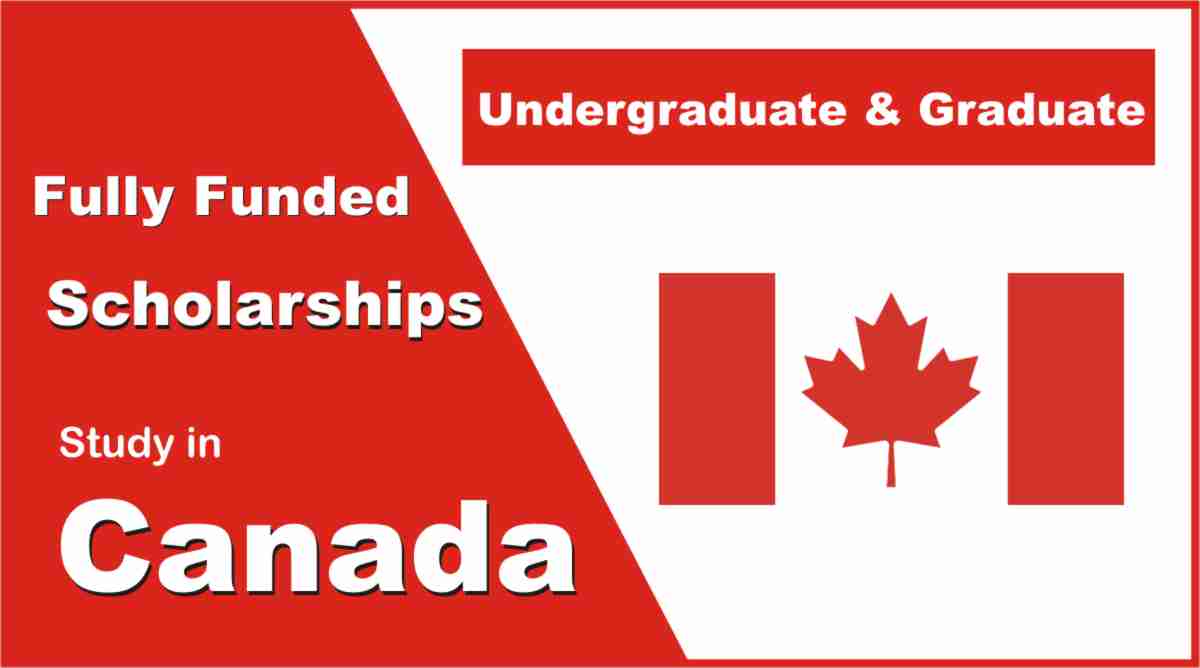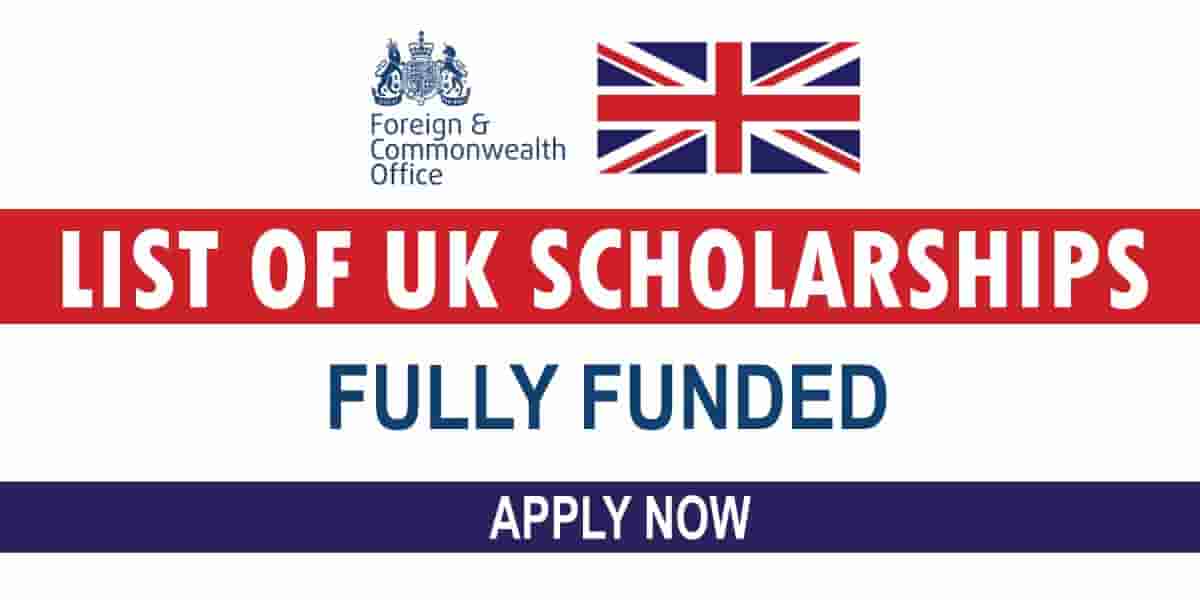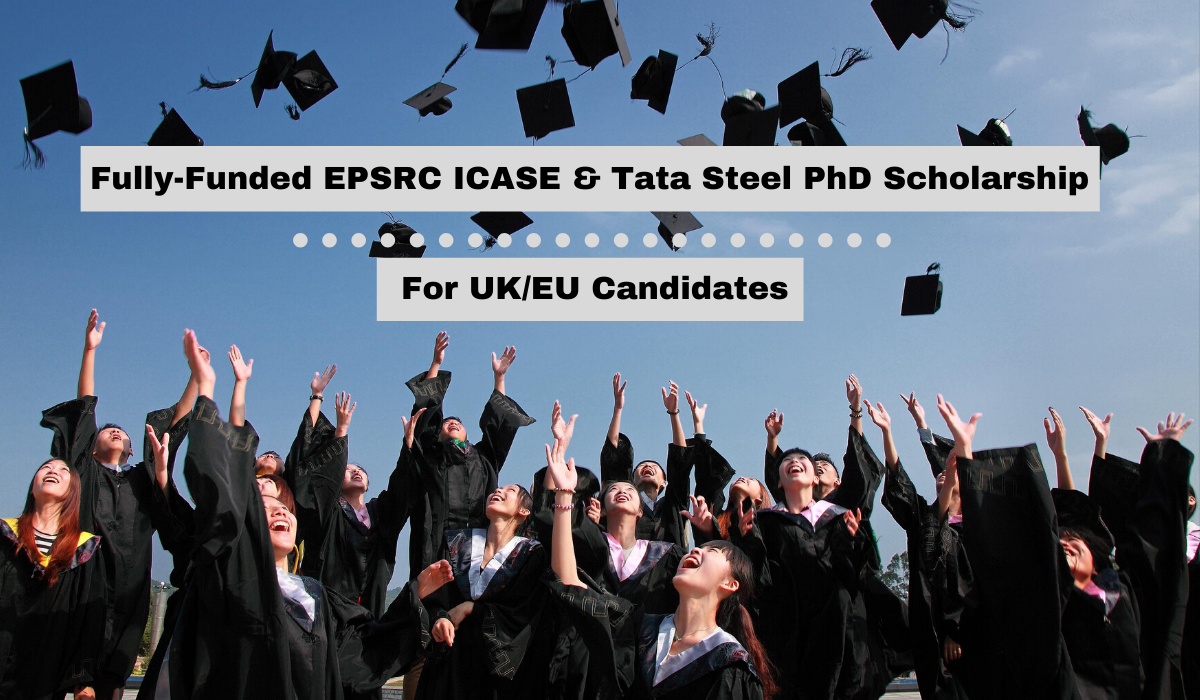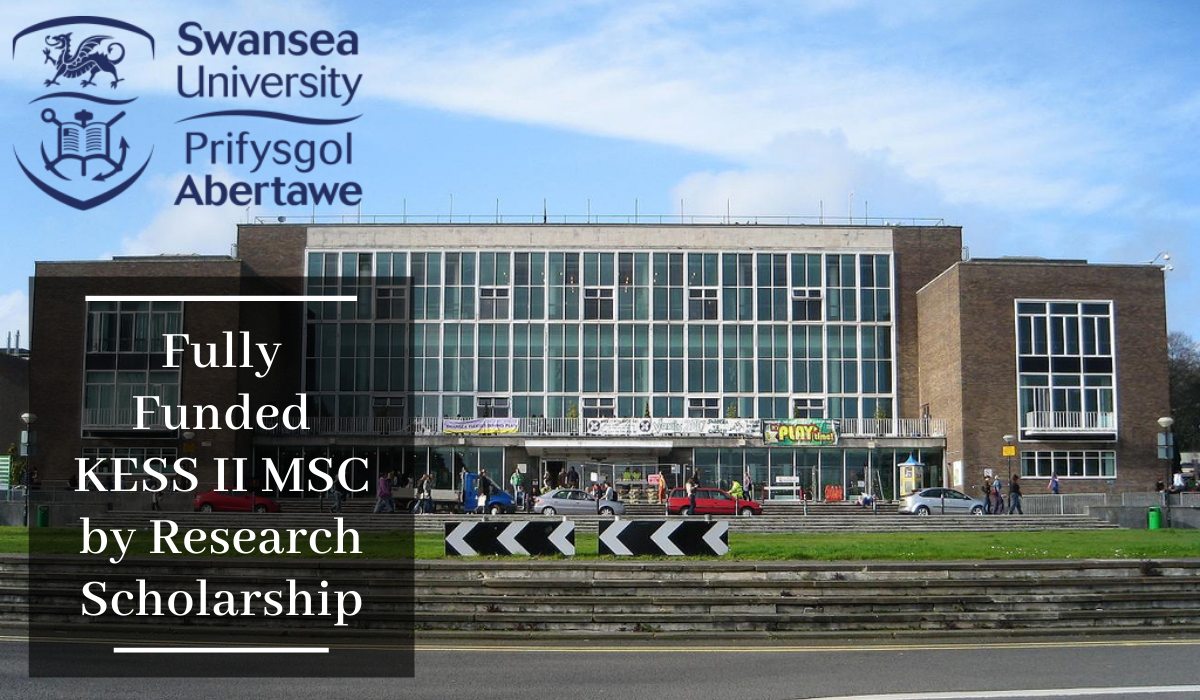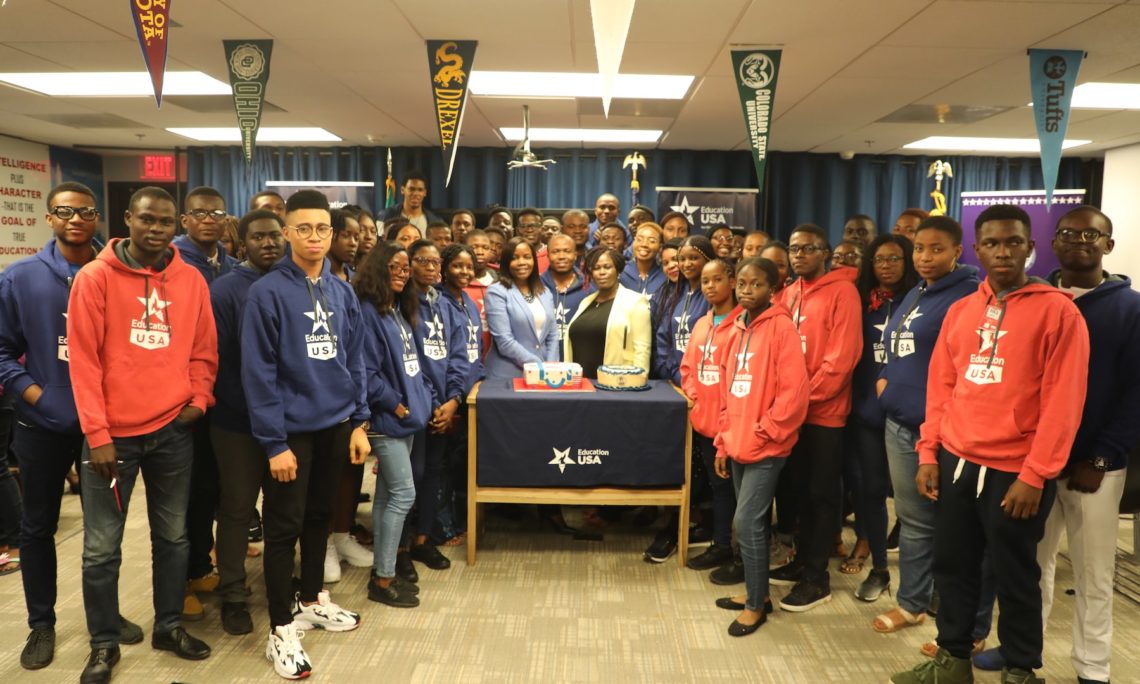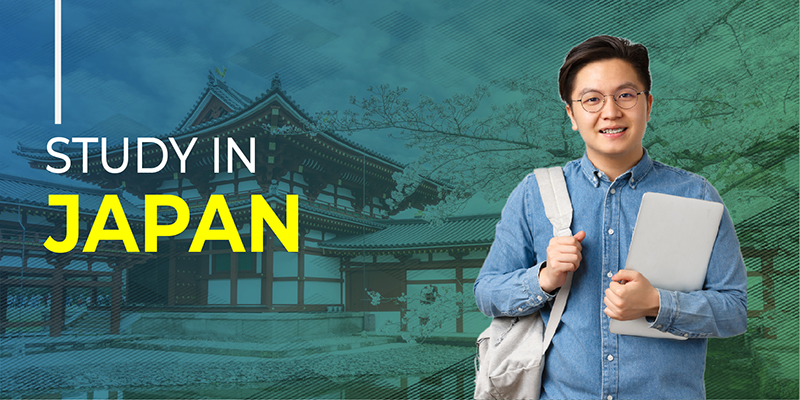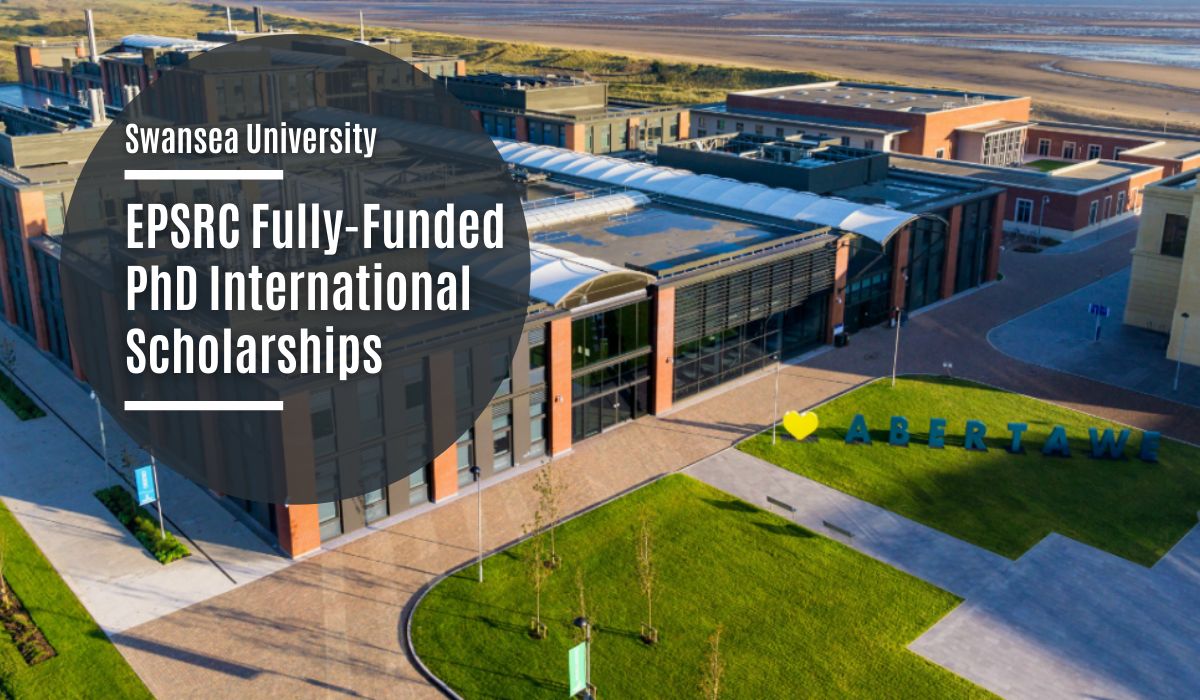United Nations/Japan Long-term Fellowship Programme Post-graduate Study on Nano-Satellite Technology (PNST)
Applications are welcomed from suitably qualified candidates for the United Nations/Japan Long-term Fellowship Programme for postgraduate studies in Nano-Satellite Technologies (PNST) which really is a Basic Space Technology Initiative Fellowship.
United Nations Post-graduate Study on Nano-Satellite Technology (PNST)
The fellowship which can be for nationals of non-space-faring nations provides extensive research opportunities in nano-satellite systems through the utilization of the nano-satellite development and testing facilities offered at Kyutech.
What is PNST?
PNST: is a fellowship programme between the United Nations Office for Outer Space Affairs (UNOOSA) and Kyushu Institute of Technology (Kyutech) started from 2013 for nationals of developing countries or non-space faring nations. This programme is supported by the Ministry of Education, Culture, Sports, Science, and Technology: MEXT of Japan.
Provides opportunities for 3 students in the Master’s Programme (2 years duration) and 3 students in the Doctoral Programme (3 years duration) to enroll in Kyutech’s Space Engineering International Course (SEIC).
Fellowship Sponsor(s): United Nations Office for Outer Space Affairs, Government of Japan
Host Institution(s): Kyushu Institute of Technology (Kyutech)
Number of Awards: Several
Study Level: Postgraduate
Duration: 2-3 years
Nationality: Developing countries
United Nations/Japan Long-term Fellowship | Eligibility Criteria
To be eligible for the United Nations/Japan Long-term Fellowship, applicants must meet the following requirements:
- Be nationals of developing countries or non-space-faring nations (countries without an established substantial capability to develop space technology/launch space objects);
- Be duly nominated by their institutions;
- Born on or after 2 April 1987;
- Should have the academic and professional background required by the specific fellowship programme.
- Candidates seeking a Master’s degree are expected to have completed studies ending with a Bachelor’s Degree or equivalent (4-year university degree) in engineering-related subjects.
- Candidates seeking a Doctorate degree are expected to have completed studies ending with a Master’s Degree or equivalent (5 years university degree) in engineering-related subjects. Degrees in different technological fields can be considered by the Doctor Commission; and
- Be able to make professional use of the experience gained in the fellowship programme.
Application Procedures
How-to-Apply: Interested and eligible applicants for the United Nations/Japan Long-term Fellowship are to register online and thereafter proceed to submit their application form. The fully completed application form and other required documents except the referee report forms shall be submitted in electronic format (.doc or .pdf or.xls) at the Web address that is in the confirmation e-mail you will receive after registering above, not later than the application deadline.
Application Deadline: 10 January 2025 at 23:00 JST
Visit the Official Website for Further Details
FAQs about the United Nations/Japan Long-term Fellowship Programme Post-graduate Study on Nano-Satellite Technology (PNST)
What is the United Nations/Japan Long-term Fellowship Programme Post-graduate Study on Nano-Satellite Technology (PNST)?
The United Nations/Japan Long-term Fellowship Programme on Nano-Satellite Technology (PNST) is a scholarship initiative jointly sponsored by the United Nations Office for Outer Space Affairs (UNOOSA) and the Government of Japan. It provides opportunities for postgraduate students from developing countries to pursue advanced studies in nano-satellite technology in Japan.
Who is eligible to apply for the United Nations/Japan Long-term Fellowship Programme (PNST)?
Eligibility criteria typically include being a citizen of a developing country, holding a bachelor’s degree in a related field, having a strong academic background, and demonstrating a keen interest in nano-satellite technology. Applicants may also need to meet specific requirements set by the sponsoring organizations.
How can I apply for the United Nations/Japan Long-term Fellowship Programme (PNST)?
To apply for the fellowship programme, interested candidates usually need to complete an online application form provided by UNOOSA or the designated Japanese institution hosting the programme. The application process may require submission of academic transcripts, letters of recommendation, a research proposal, and possibly language proficiency test scores.
What expenses does the United Nations/Japan Long-term Fellowship Programme (PNST) cover?
The fellowship typically covers tuition fees, accommodation, living expenses, travel costs, and other related expenses for the duration of the postgraduate study program in Japan. Additionally, participants may receive a stipend to support their research activities and participation in academic conferences.
What are the benefits of participating in the United Nations/Japan Long-term Fellowship Programme (PNST)?
Participating in the fellowship programme offers numerous benefits, including access to cutting-edge research facilities and expertise in nano-satellite technology, exposure to international collaboration and networking opportunities, the opportunity to contribute to space science and technology development, and the chance to enhance career prospects in the aerospace industry or academia. Additionally, fellows may gain valuable insights into space policy and governance through interactions with UNOOSA and other international stakeholders.

